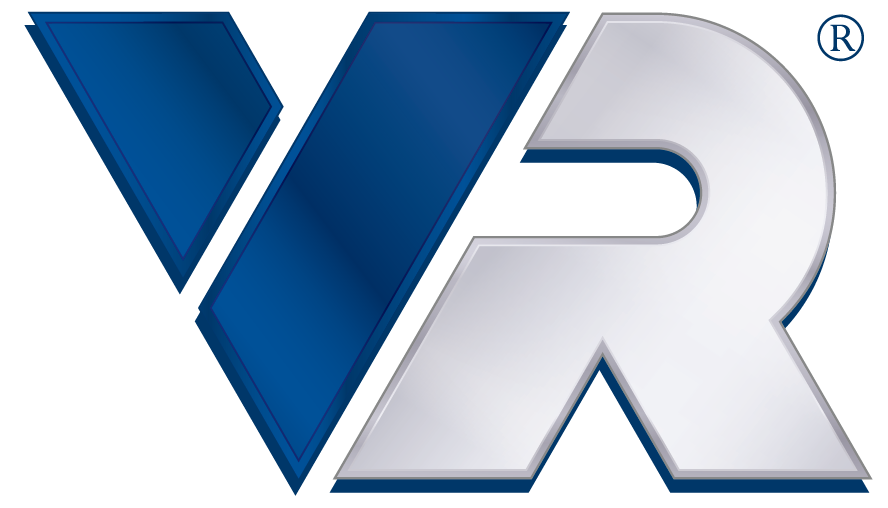
One area of business that wasn’t drastically hindered through COVID-19 is the liquor industry. When the pandemic started, retail liquor stores in Mecklenburg County saw nearly a 30% spike in alcohol sales from the year prior. But, even as county and state regulations lessen, and North Carolina residents feel more comfortable out of their homes, we can count on these retail businesses to perform well based on decades of healthy profit margins.
While the liquor industry is relatively stable to buy into, acquiring any small business comes with its sets of challenges (and opportunities!). If you’re interested in buying a liquor store in Charlotte, NC, keep the following tips in mind to set yourself up for success.
4 TIPS THAT MAKE BUYING A LIQUOR SHOP IN CHARLOTTE, NC MUCH EASIER
It’s important to note that new liquor store businesses aren’t always suitable for absentee owners. A lot goes into the day-to-day and big picture operations of running a compliant and successful liquor store. Once you see your business plan running like a well-oiled machine, it could be time to bring in full-time help from someone you trust. Until then, you may want to plan on long hours and assuming most of the responsibilities associated with owning and operating a new business.
1. FINDING A DESIRABLE LOCATION
As most business owners in this industry will tell you, finding a store conveniently located to nearby residents is imperative. Most consumers choose which liquor store to purchase from based on convenience rather than brand loyalty. This is especially pertinent if many other businesses are selling alcoholic beverages near you. Unless you’re in one of Charlotte’s neighboring small towns, there are likely a wide range of grocery stores, convenience stores, gas stations, etc. permitted to sell alcoholic beverages in your region. Be sure to map out your competition and to research which areas are underserved in this market.
2. OBTAINING A LIQUOR LICENSE
Securing a liquor license is one of the most fundamental aspects of starting a retail business in this industry. Per North Carolina state regulation, all new owners (with at least 25% interest in the company) must obtain a retail permit authorizing the sale of liquor. To acquire a new license, the liquor store owner will be assessed on its reputation, criminal history, etc. The retailer must meet several criteria involving its location, staff, zoning laws, and other premises. You can find a full list of requirements, as well as step-by-step instructions on applying for a liquor license in North Carolina here. If you also intend to sell wine and domestic and craft beer, you will need to obtain a Beer and Wine License through Mecklenburg County.
3. INVESTING IN THE RIGHT INVENTORY
One upside to buying an existing liquor store, versus a startup, is that inventory is often included in the sales price. So, you should have a wide selection of store inventory to hit the ground running. Although unopened liquor has an indefinite shelf life, you should still find out the age of the alcoholic beverages you’re selling. We’ll cover this more below, but to increase your profitability, you’ll want to have an understanding of which alcoholic beverages go fast – and which tend to sit for a while. This will help you map out working with distributors and keep inventory costs low as you won’t order ample amounts of products you won’t burn through quickly.
4. GENERAL BUSINESS PLANNING
As with purchasing any small business, all liquor store owners have a laundry list of items to consider in their business plans. It’s good to know what items you’re looking for in a business before starting your search. Assets, overall business conditions, and real estate should be high on that list. Once you identify a liquor store for sale in Charlotte you’re interested in, reach out to the business owner so you can do your due diligence. Keep in mind that low cash flow and profitability aren’t necessarily indicative of a poor opportunity. But, you need to have a plan to steer the business in a new direction and overcome the challenges it’s currently facing.
As you can see, buying a Charlotte, NC liquor store isn’t all good spirits. While it may take a lot of careful preparation to become a successful liquor store owner, Charlotte’s best business brokerage firm can make this process feel less overwhelming. We’ll work with you to help you find your dream opportunity and buy with ease from the very beginning. Contact us today to schedule a consultation.

